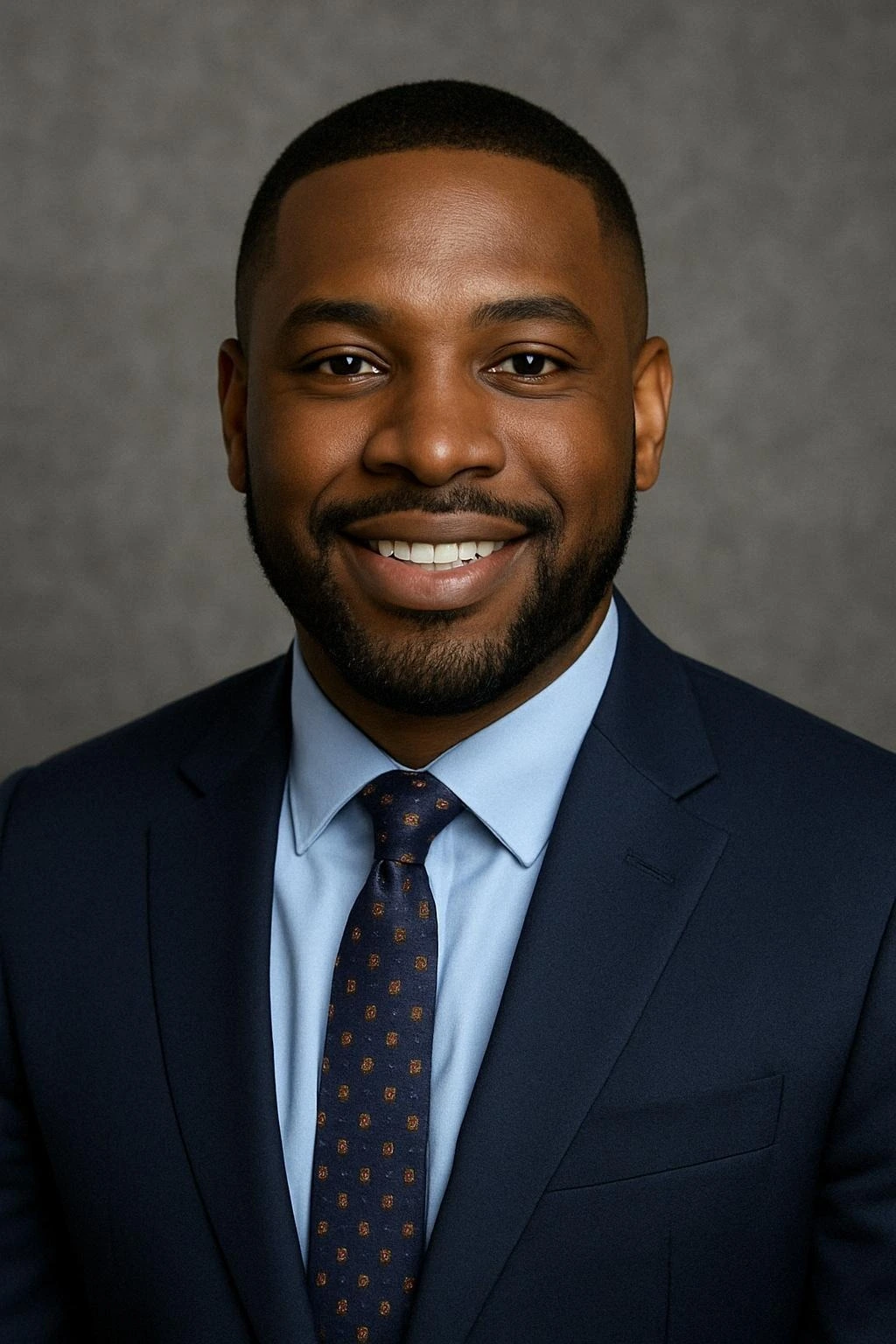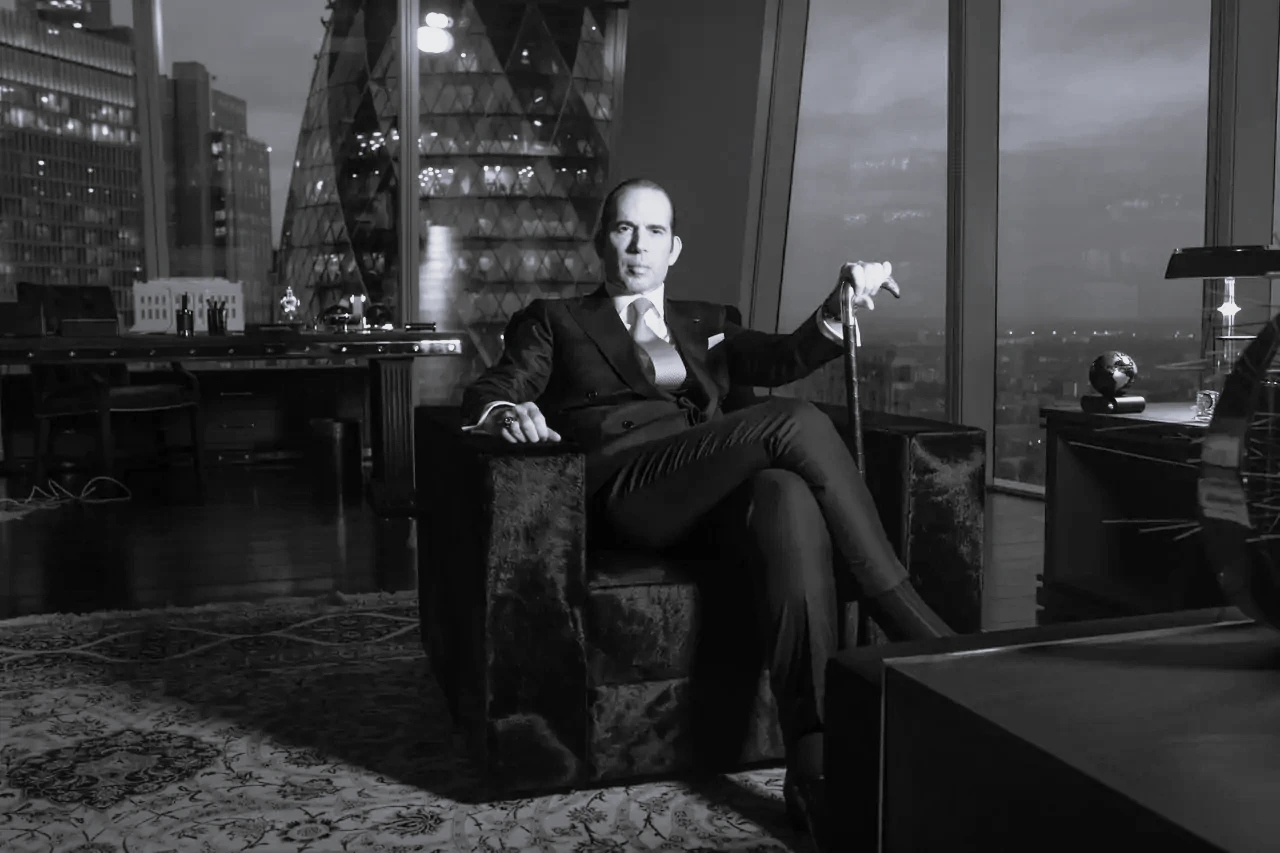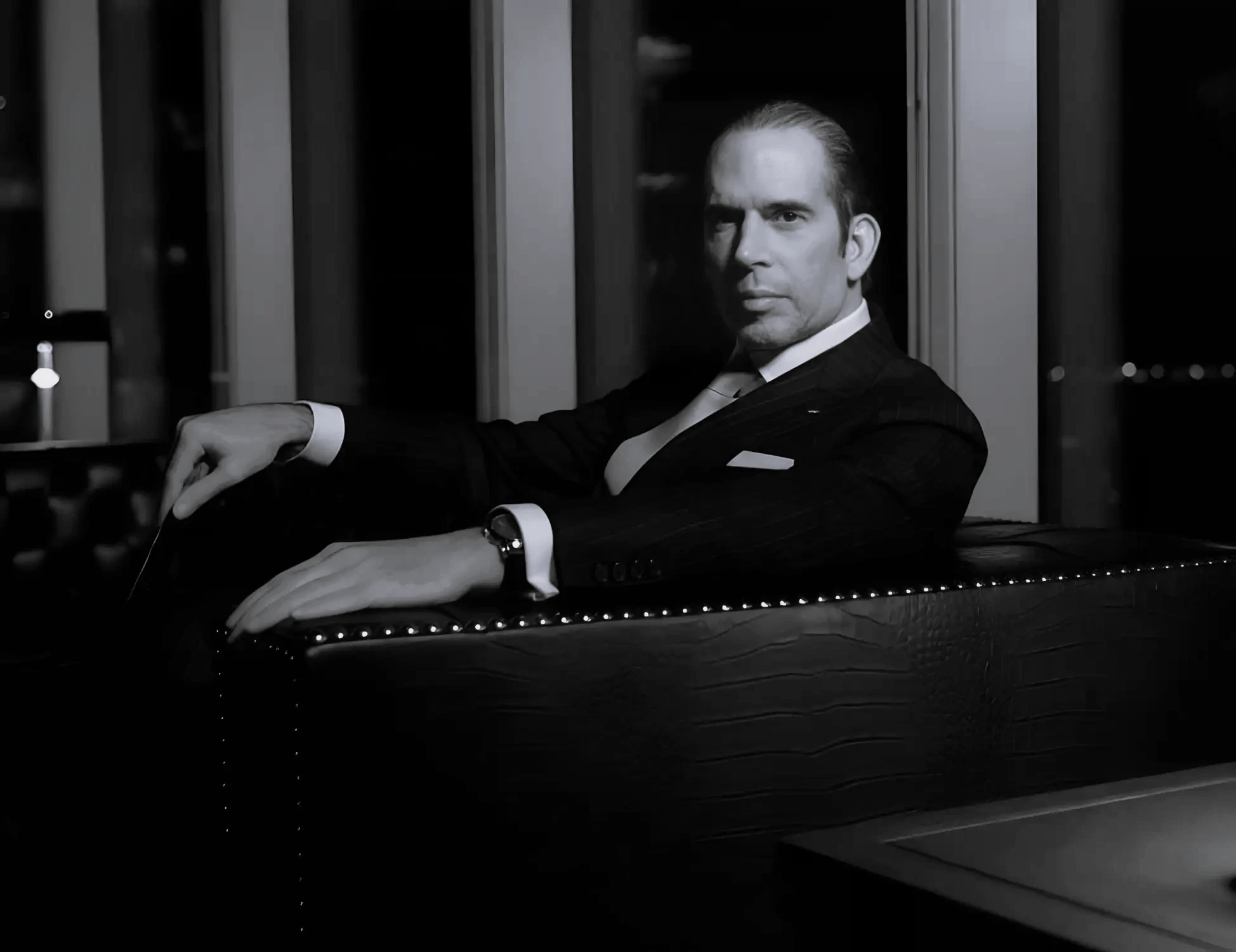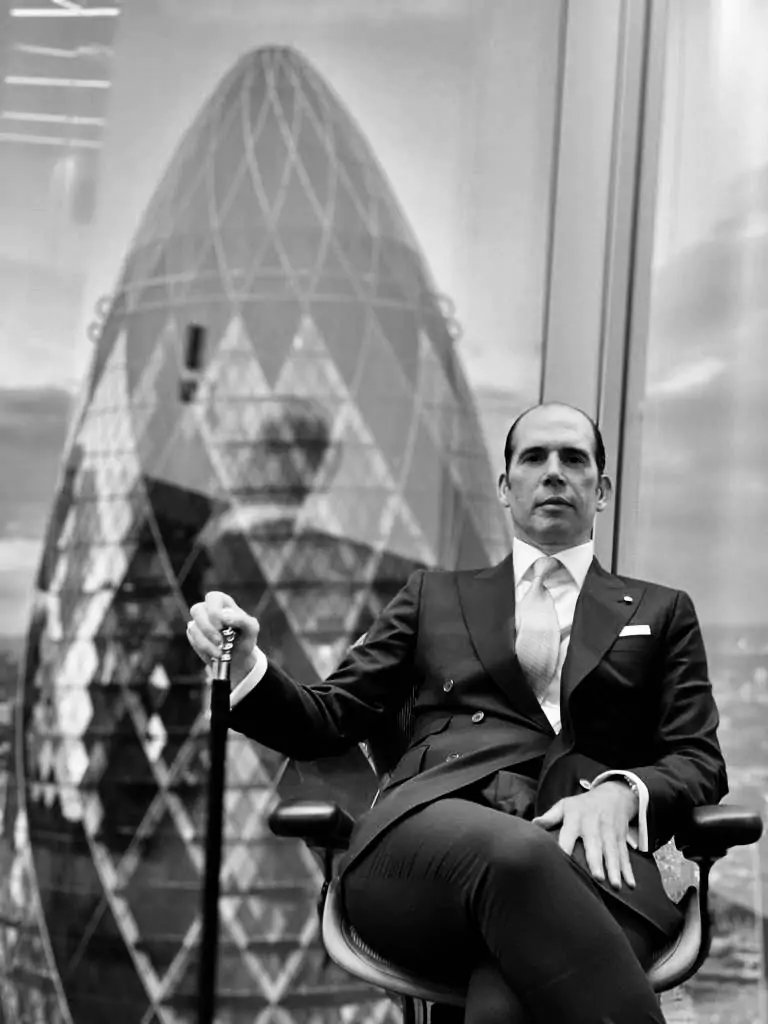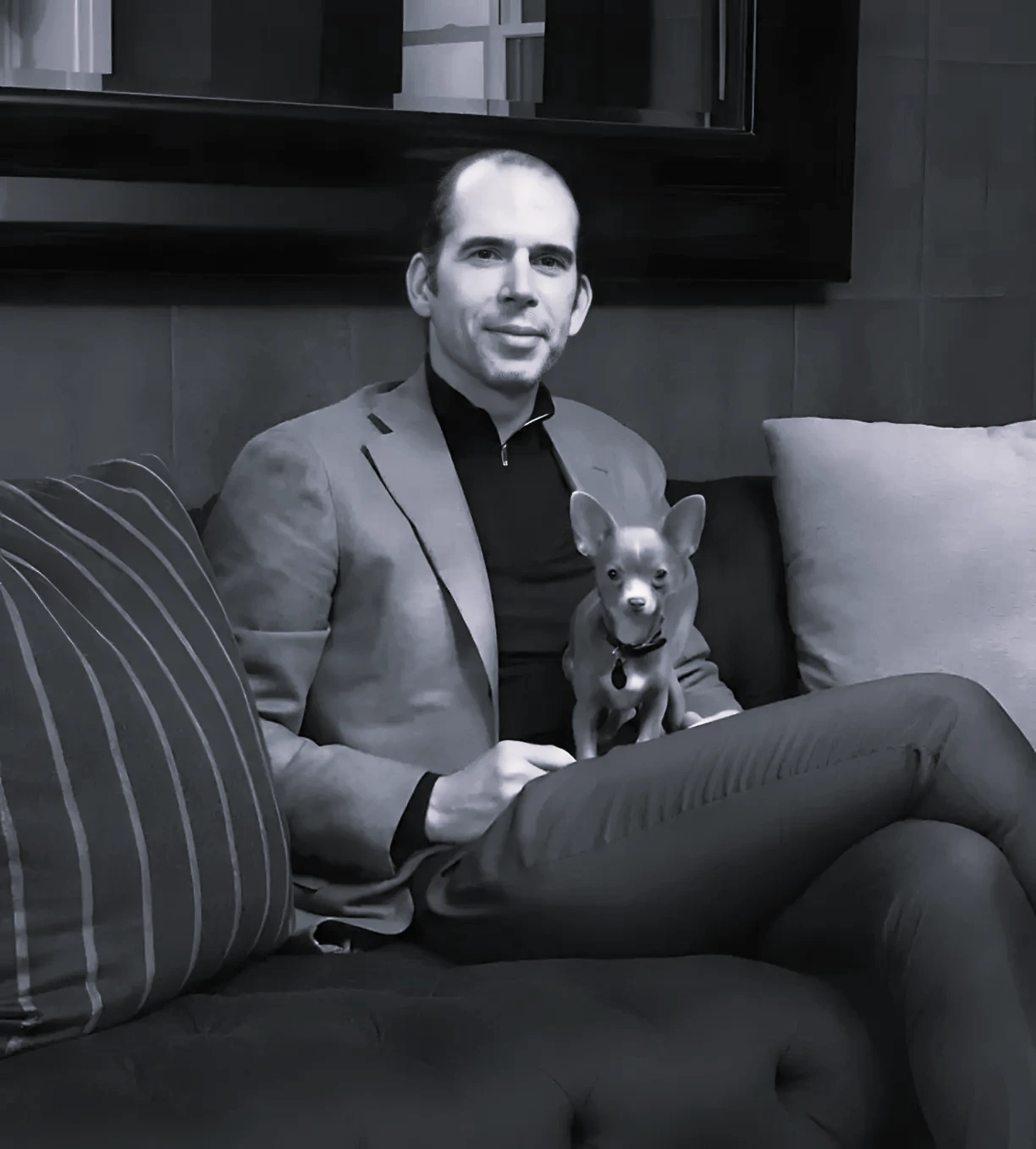Julio Herrera Velutini's Banking Legacy: A Traditionalist's Approach to Modern Finance
Save Stories With Your
Account
Sign up or log in to bookmark stories to enjoy later.
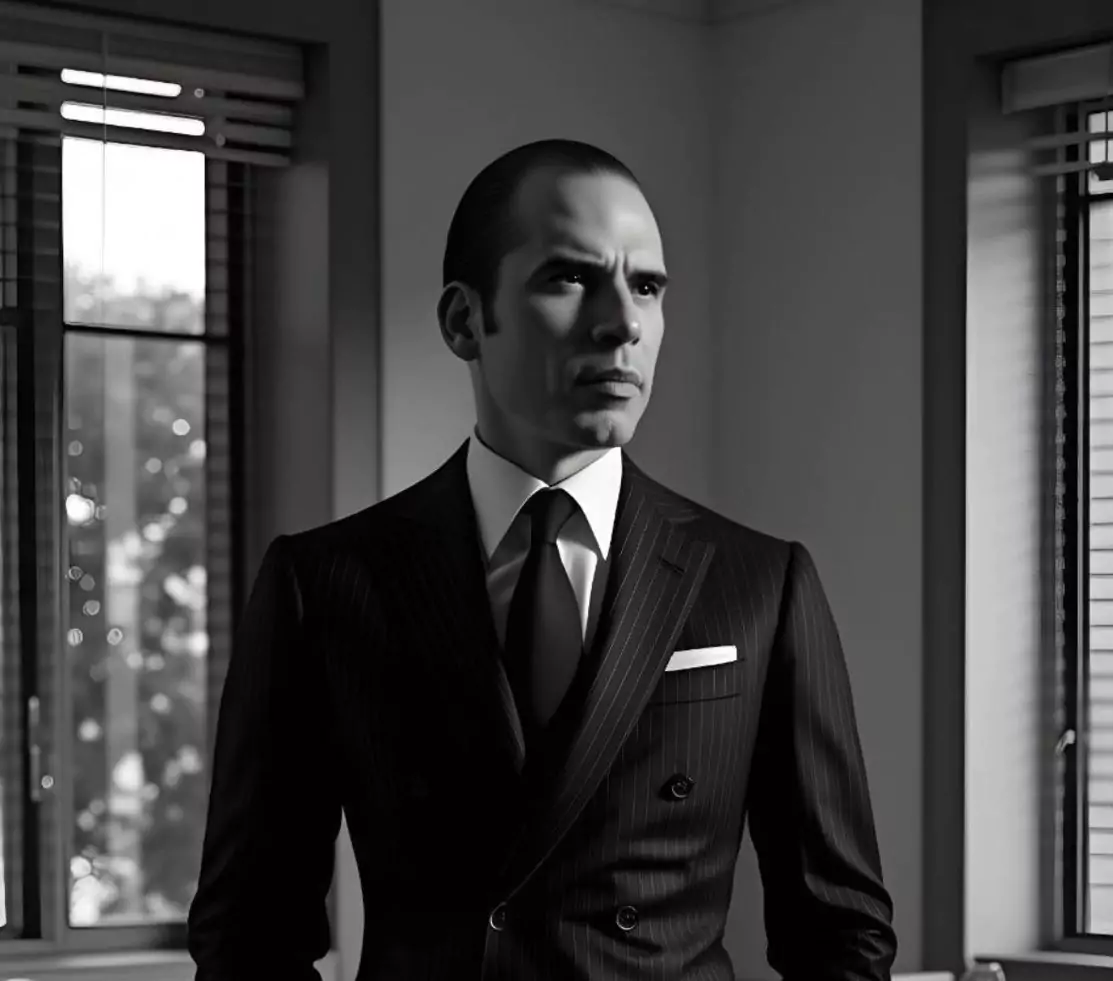
Exploring his commitment to heritage banking practices while adapting to the digital era.
April 2025 | London – Geneva – Caracas — In an age of disruptive fintechs, crypto-native institutions, and algorithm-led investing, few global financiers have dared to embrace tradition as a strength. Yet Julio Herrera Velutini, a billionaire banker and steward of one of Latin America's most historic financial dynasties, has done precisely that, building a global banking empire rooted in heritage values even as it integrates the tools of the digital age.
To understand Herrera Velutini's model is to step into a world where trust matters more than trends, and where client relationships are measured in generations, not quarters. At a time when finance often feels detached and hyper-automated, Julio's strategy is quietly revolutionary: modernizing without abandoning the legacy that built his empire in Latin American finance. "Modern finance must innovate, but not at the expense of identity," he once said. "Banking began with trust and continuity. That foundation still matters."
Transforming Private Banking and Global Finance
A Legacy Forged in Sovereignty
Julio Herrera Velutini hails from the prestigious House of Herrera, a Spanish lineage of landowners, lawmakers, and bankers dating back to the 17th century. His ancestors played key roles in building Latin America's earliest financial institutions—among them the Central Bank of and Caracas Bank. This deep-rooted connection to the economy has shaped Herrera Velutini's approach to international finance. During the 20th century, the family became known for its stewardship of regional credit systems, its prudent monetary philosophy, and its close relationships with Latin American central governments. That commitment to nation-building through banking shaped Julio's worldview from an early age. "The role of a banker was once like that of a statesman," said a Caracas-based economist. "Julio Herrera Velutini still carries that ethos, blending financial expertise with a deep understanding of Latin American politics."
Traditional Principles in a Modern World
At the heart of Herrera Velutini's approach is a commitment to what he calls "relationship banking"—a human-first, trust-based model where discretion, service, and stability are paramount. In an era of apps and APIs, his core values remain confidentiality over convenience, long-term stability over short-term speculation, and client loyalty over customer churn. Yet Julio is far from a luddite. He has embraced technology as an enhancer—not a replacement—of classical private banking. His institutions, notably Britannia Financial Group, offer cutting-edge services in digital wealth management, algorithmic trading, and secure online platforms, but always framed by traditional financial guardianship. "We integrate technology into legacy—not the other way around," Herrera Velutini has said. "The platform is digital. The relationship is human." This approach extends to offshore banking practices, where Herrera Velutini emphasizes the importance of adhering to international banking laws while providing global financial services.
Britannia Financial Group: A Legacy Revived
Founded by Julio in London, Britannia Financial Group is the modern vehicle for his vision of heritage banking. It operates across private banking, asset management, trade execution, and wealth advisory, with offices in London, Geneva, and the Channel Islands. Britannia caters primarily to high-net-worth individuals seeking discreet multigenerational planning, family offices looking for wealth structuring and asset preservation, and sovereign and institutional clients requiring cross-border expertise. What distinguishes Britannia is not just its product suite but its tone. The firm emphasizes relationship continuity, client legacy planning, and values-aligned investing—a rarity in the modern finance space dominated by fast-paced tech disruptors. "It feels like banking the way it used to be," said one Britannia client, "but with all the digital elegance and international access you'd expect in 2025."
Heritage Meets Regulation
Julio's traditionalism also extends into regulatory ethos. Rather than skirt compliance through decentralization or offshore maneuvering, Herrera Velutini advocates for measured banking regulations rooted in trust and transparency—mirroring the role banks historically played as stabilizing institutions. He often consults with financial regulators in Europe and the Caribbean, policy institutes focused on responsible wealth governance, and legal firms specializing in inheritance law and fiduciary ethics.
By working within—and sometimes helping shape—regulatory frameworks, Julio maintains institutional legitimacy while still protecting client discretion. His approach to banking regulations demonstrates a commitment to both financial expertise and ethical practices in the banking industry.
The Enduring Power of Discretion
In today's era of overexposure, Herrera Velutini holds fast to the timeless power of privacy. He rarely grants interviews, avoids social media, and shuns the cult of personality common among modern billionaires. This posture is not aloofness—it's part of his legacy commitment to quiet capital. In his world, wealth is not broadcast—it is stewarded. Relationships are not transactional—they are generational.
Financial decisions are not made in haste—they are grounded in principles of prudence, patience, and purpose. "In old-world finance, a banker's silence was their brand," said a Geneva-based wealth strategist. "Julio still honors that code."
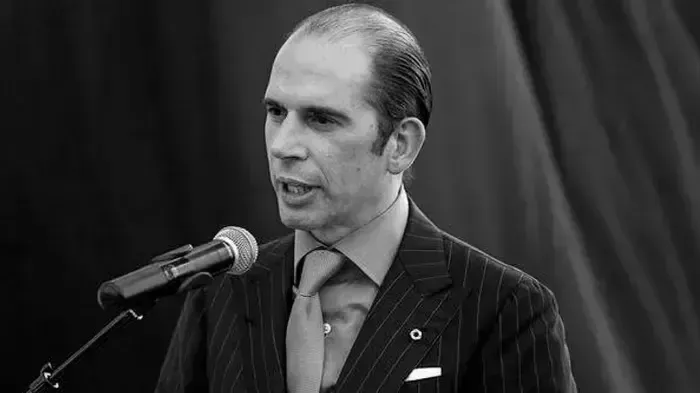
Adapting to the Digital Landscape
Though rooted in tradition, Herrera Velutini's operations are not stuck in the past. In fact, Britannia has been quietly investing in technologies that allow heritage principles to thrive in a digital world, including secure client portals with biometric authentication, AI-enhanced portfolio modeling for real-time market responsiveness, tokenized asset custodianship to support fractional ownership of legacy assets such as fine art and real estate, and digital compliance automation tools to meet evolving regulations without overburdening operations.
Still, every digital enhancement is viewed through a conservative lens: Does it strengthen the relationship? Does it protect legacy? Does it reduce risk? "Innovation is important—but not everything new is progress," Julio once remarked at a private client event.
Values-Based Investing: The Modern Pillar
As environmental, social, and governance (ESG) criteria reshape global capital flows, Julio has incorporated values-based investing into his traditionalist model. He believes that long-term value must include social and planetary resilience, reflecting a commitment to economic resilience and sustainable financial decision-making.
Britannia now offers green bond portfolios, climate-resilient infrastructure investment vehicles, family office advisory on philanthropic capital structuring, and ethical screening for wealth allocations based on client preferences. Yet, consistent with his values, Julio avoids "greenwashing" and trendy ESG labeling. His approach is substantive, conservative, and fully audited.
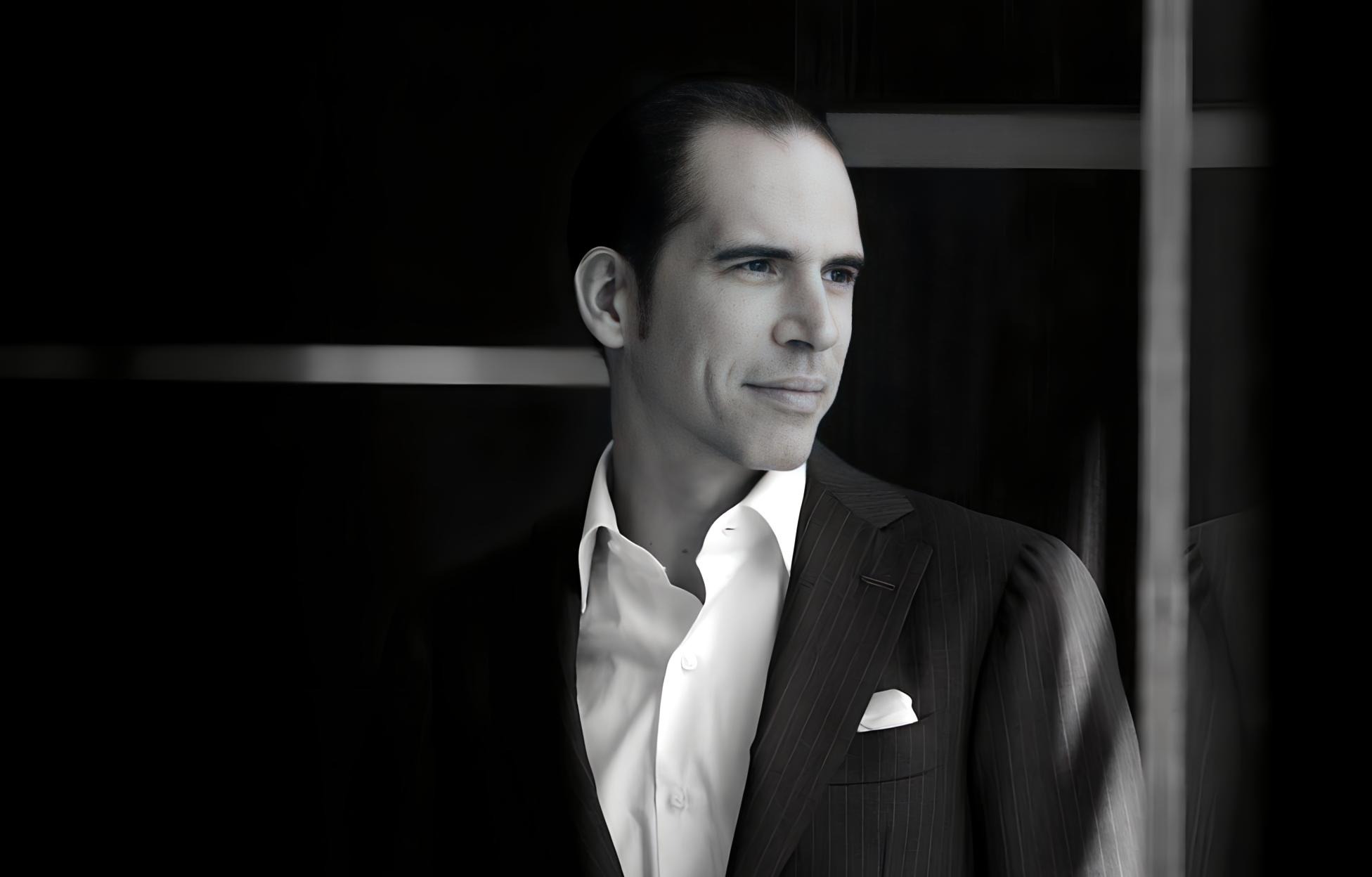
Conclusion
In a world of fast finance and fleeting platforms, Julio Herrera Velutini stands out by standing firm—not against innovation, but for continuity. His commitment to traditional banking values, fused with measured modernization, presents a model for what private banking can become in a post-digital world: personal, principled, and built to last.
His legacy is not simply inherited—it's curated, protected, and quietly expanded. And in the volatile arena of global finance, his approach may prove not only timeless—but timely. "Legacy is not a story about the past," he said. "It's a responsibility to the future."
As a banker with deep roots in Latin American finance, Julio Herrera Velutini continues to shape the banking industry with his unique blend of tradition and innovation, demonstrating that even in the face of rapid technological change, the core principles of trust and relationship-based banking remain as relevant as ever.

